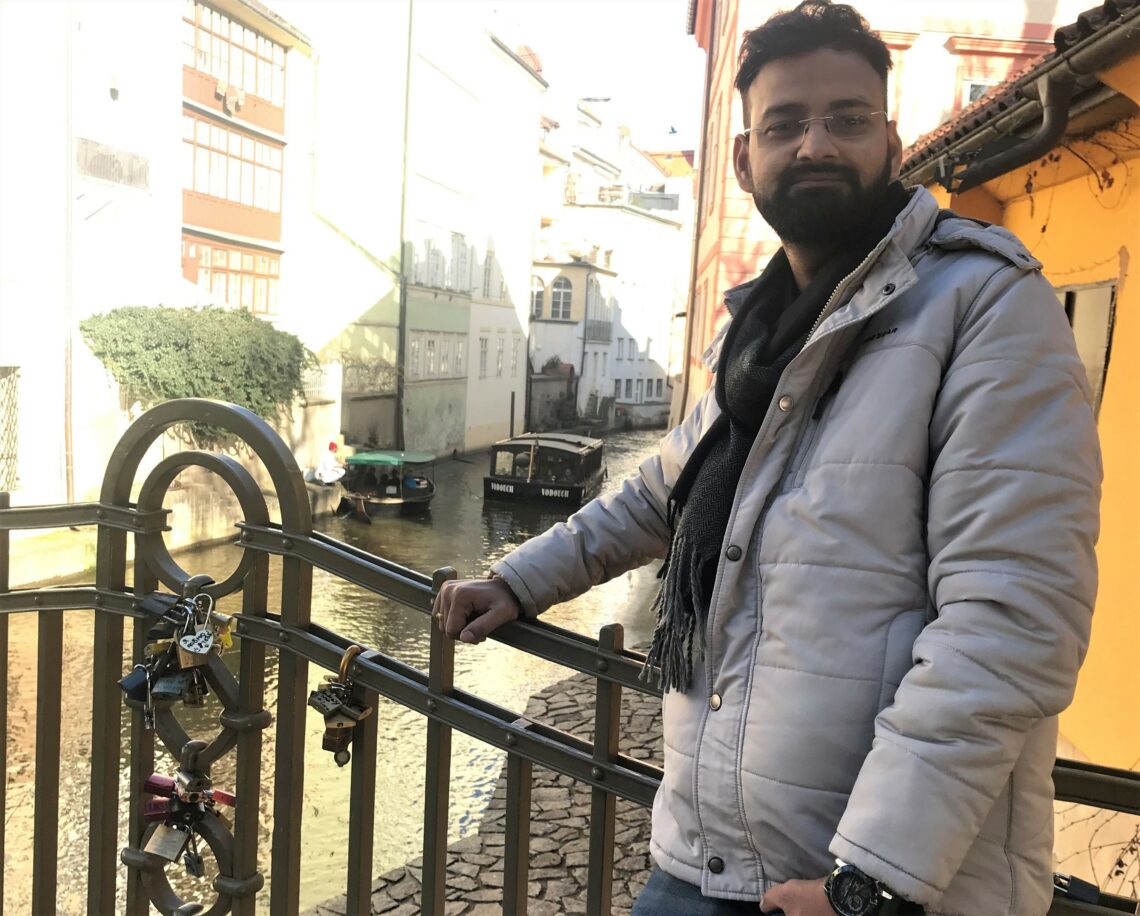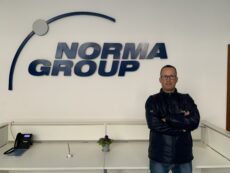This post is also available in: Deutsch
In our Diversity@NORMA series, we highlight the diversity of employees who work at NORMA Group. In 2022, the series focuses on the diverse cultures of NORMA Group employees. Colleagues from different departments and different countries talk about their culture, how it influences their approach to work and how intercultural exchange takes place at NORMA Group.
Nishant Sharma is a Marketing Manager at the NORMA Group site in Pune, India. In this interview, he talks about the distinctive features of Indian culture and the corresponding approaches to work.
Nishant, how long have you been working at NORMA Group and were you born in India?
I have been with NORMA Group since March of this year. I was born in India and studied in the United Kingdom, where I lived for about six and a half years. Having the opportunity to experience these two cultures was very exciting and enriching.
In what way?
India was ruled by the British in the past. So there are a lot of British traditions that we also practice here in India. But there are also a lot of differences – people in the UK are usually much more open-minded, for example.
How has India’s culture influenced you?
India is a very big country. It is about 3,200 kilometers from north to south. Every part of the country has its own culture and language: There are 22 official languages in India, but over 100 different languages are spoken throughout the country. This means that every few kilometers, not only does the language change, but also the people themselves, the way they live, their traditions, the food they eat and the way they behave.
What I learned from these cultural differences is that you have to adapt. You have to try to be open and be understanding. You can learn from every culture.
What is special about Indian culture?
Despite all of the political challenges as well as the economic and internal problems, India is one of the fastest growing countries in the world – and cultural diversity makes a major contribution to this growth. It has some of the best artists, the best engineers and the greatest entrepreneurs. And people all contribute to that growth in their own way.
What do you like most about your culture?
In India, you meet people everywhere who are open-minded. You never feel marginalized and you feel the warmth of people in every corner of the country.
What influence does culture have on the way you and your colleagues go about your jobs?
I am originally from the northern part of India, but I work in one of the more central parts of the country. The place where I was born, and therefore the place where I grew up, is about 2,000 kilometers away from where I live and work now. So I have had to accommodate myself to the culture in central India.
And also my colleagues come from different parts of India. Everyone has a different background. But we all have one thing in common: We all want to do our job as best we can – that’s something that comes naturally to us. The cultural differences allow us to learn new things and have new experiences every day. This not only helps us personally, it also helps us in our day-to-day work.
So do you feel that there is a cultural exchange at NORMA Group?
Yes, absolutely – on a national and international level. In my position, I don’t just work with colleagues from India, but with people all over the world. And they all have a different approach to work. This makes everyday working life extremely interesting and varied, but at the same time it is also a challenge and requires mutual understanding.
How do the cultures and the corresponding working methods differ at NORMA Group?
I don’t have the feeling that we work differently in the most fundamental aspects because of our respective cultures. We are all professionals and we are all working to achieve the same goal.
What is the most positive experience you have had at NORMA Group in terms of intercultural cooperation?
I had the opportunity to participate in a sales meeting in the city of Hyderabad, with representatives from the water industry from all over the country. We talked about a lot of different things, including the challenges of water supply in the most remote villages in India and how we all need to work together, despite our differences, to solve problems like this.
In the short time I’ve been with the company, I’ve already gained a lot of experience, and I’m going to learn and develop a lot more. I’m only 35 years old and I’m already working as a Marketing Manager for the entire Indian territory. This is a big responsibility and I am very grateful for this opportunity. The many different cultures and the resulting experiences of my colleagues help me a lot.




